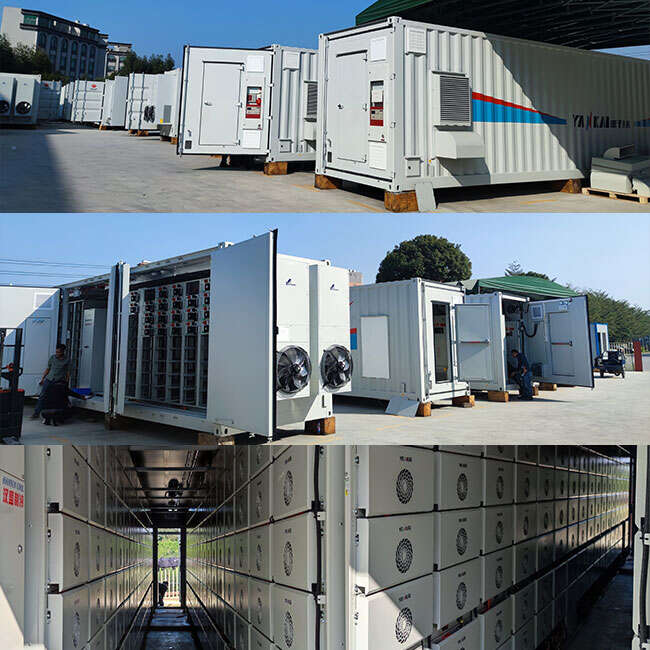Understanding the Manufacturing Process and Quality Control of EVE Battery Cells
July 31,2023
Introduction
EVE battery cells have gained significant attention in recent years due to their advanced technology and numerous applications in various industries. However, understanding the manufacturing process and quality control of these battery cells is crucial to ensuring their reliability, performance, and safety. In this blog post, we will delve into the manufacturing process of EVE battery cells and explore the quality control measures implemented to maintain their high standards.

Manufacturing Process of EVE Battery Cells
The manufacturing process of EVE battery cells involves several intricate steps to ensure the production of high-quality and efficient batteries. The process begins with the preparation of raw materials, including lithium, cobalt, nickel, and other essential components. These materials undergo rigorous testing and quality checks to ensure their purity and suitability for battery production.
Once the raw materials are ready, they are mixed and processed to create the active materials for the battery electrodes. This involves precise measurements and controlled conditions to achieve the desired chemical composition and particle size distribution. The active materials are then coated onto metal foils, such as aluminium for the cathode and copper for the anode, to form the electrodes.
After the electrode preparation, the electrodes are assembled with a separator, which acts as a barrier between the cathode and anode to prevent short circuits. The electrode-separator assembly is then rolled or stacked to form a jellyroll structure, which is placed into a cylindrical or prismatic cell casing. The casing is sealed to ensure the integrity of the battery cell.
Quality Control Measures
To maintain the high quality and reliability of EVE battery cells, stringent quality control measures are implemented throughout the manufacturing process. These measures include:
Raw Material Testing: The raw materials used in EVE battery cells undergo thorough testing to ensure their purity, consistency, and compliance with industry standards. This includes analysing the chemical composition, particle size distribution, and impurity levels.
Process Control: Each step of the manufacturing process is closely monitored and controlled to ensure consistency and accuracy. Parameters such as temperature, humidity, and pressure are carefully regulated to achieve optimal results. Any deviations from the set parameters are immediately addressed to prevent quality issues.
In-process Testing: Regular testing is conducted during the manufacturing process to assess the quality and performance of the battery cells. This includes measuring the electrode thickness, checking the coating uniformity, and testing the electrical conductivity. Any deviations or abnormalities are identified and rectified to maintain the desired quality standards.
Final Product Testing: Before the battery cells are released for distribution, they undergo comprehensive testing to ensure their performance, safety, and reliability. This includes capacity testing, cycle life testing, and safety testing under various conditions. Only cells that meet the stringent quality criteria are approved for shipment.
Conclusion
Understanding the manufacturing process and quality control measures of EVE battery cells is essential to ensuring their reliability, performance, and safety. The meticulous steps involved in the production of these battery cells, along with stringent quality control measures, contribute to their high standards and suitability for various applications. By adhering to these processes and quality control measures, manufacturers can ensure the production of high-quality EVE battery cells that meet the demands of a sustainable future.